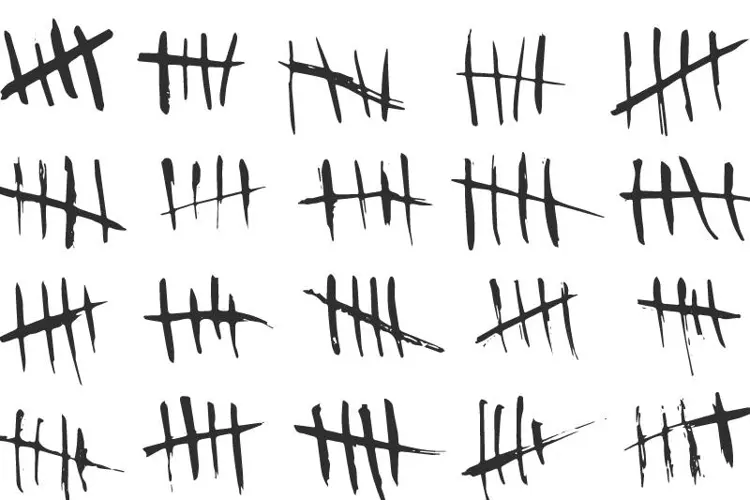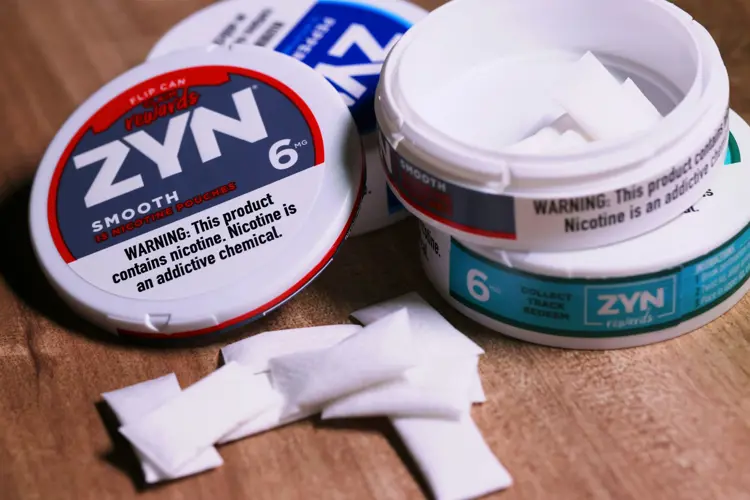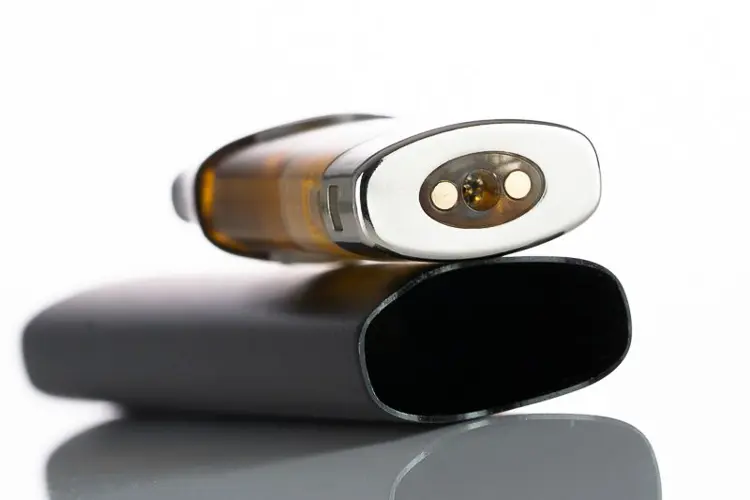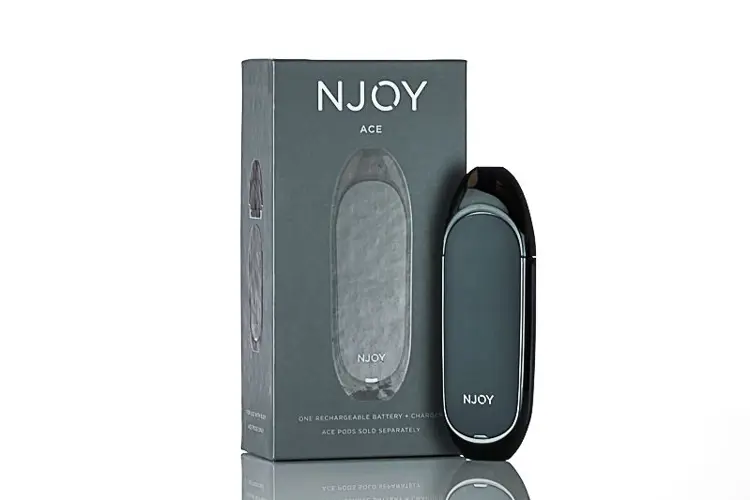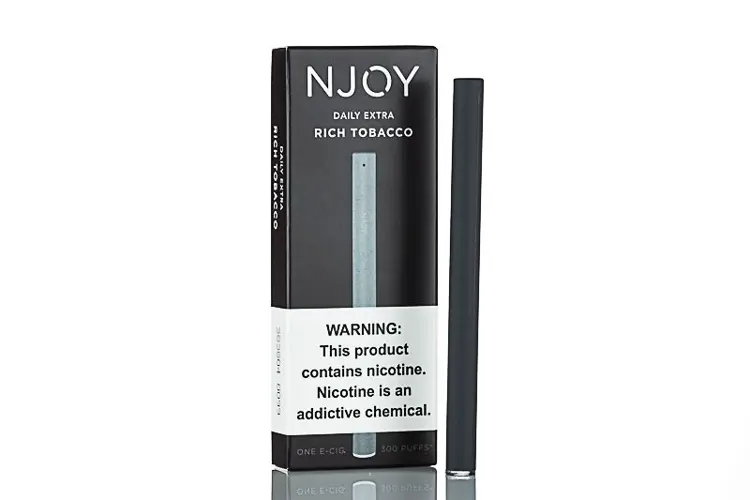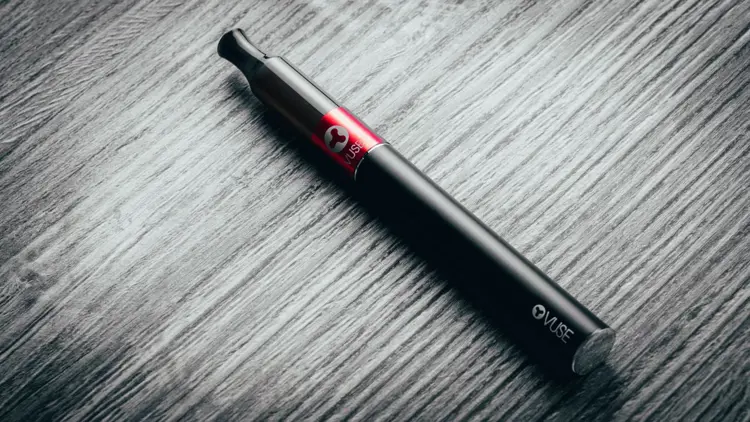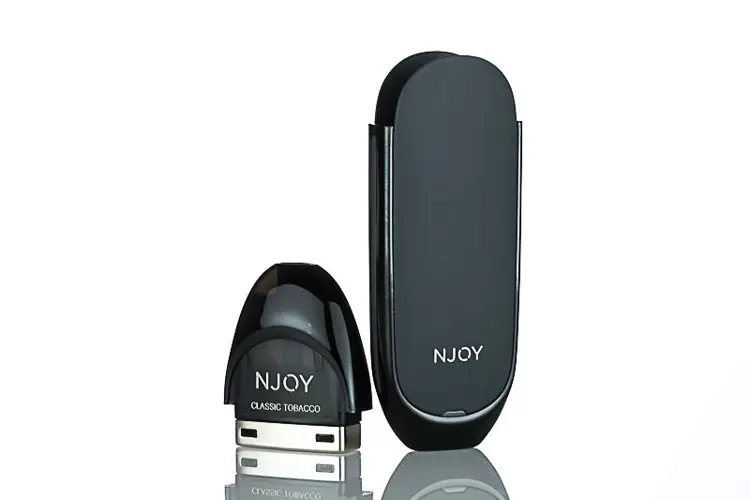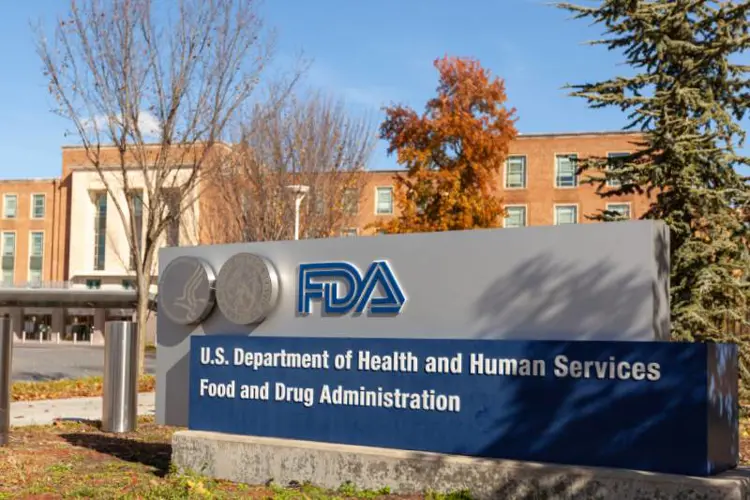Before last September's PMTA deadline, the FDA promised it would issue a list of products that have been submitted for consideration and are legal to remain on the market until further action. Today, instead of a list, FDA Center for Tobacco Products Director Mitch Zeller issued a statement explaining why there is still no list.
The short answer: small vaping companies submitted a lot of Premarket Tobacco Applications. One company submitted applications for four million products.
“For PMTAs, as of mid-January 2021, the agency has completed the Processing step of applications for more than 4.8 million products from over 230 companies,” wrote the shocked and awed CTP boss.
“During Processing,” Zeller added, “FDA found that the PMTAs posed additional challenges due to the size, complexity and diversity of the submissions; for example, some firms provided separate submissions for each section of the tobacco product application, such as submitting the clinical information separately from product identification and manufacturing information, while others included up to tens of thousands of products within a submission.”
The bottom line is that the agency is still slogging through the first stage of processing applications. Zeller’s statement doesn’t explain how many are left to be vetted before they’re rejected (“Refuse to Accept”) or accepted for substantive review.
The fact that the FDA has completed processing for almost five million applications—and still isn’t done—says a lot. Presumably if the agency was almost finished checking for basic issues, Zeller would have waited and issued the list, instead of an explanation for why he couldn't. That suggests that the poor regulators still have a long way to go.
It’s not clear how the agency will handle it if the one-year grace period passes without the whole pile of PMTAs having even been preliminarily vetted. But that’s a possibility, considering that it’s already been five months since the Sept. 9 deadline.
Another question is how such a list would even be useful for compliance cops. Would they visit a vape shop and check each bottle of e-liquid on the shelves against a list of 15 or 20 million products?
The PMTA process was created as part of the 2009 Tobacco Control Act (TCA), which grandfathered all tobacco products sold before Feb. 15, 2007 onto the market. The law was designed to police a handful of huge tobacco companies—and to make it very, very difficult for new companies to enter the market with low-risk products that might compete with cigarettes and other grandfathered tobacco products.
In 2016, the FDA issued its Deeming Rule, which added several other products (including e-cigarettes) to the TCA by “deeming” them to be tobacco products. Between 2016 and now, only three products have received approval by the FDA through the PMTA pathway—and none of them are vaping products.
The FDA predicted in its 2014 Deeming Rule first draft that it would receive PMTAs for 50 SKUs (a retail term: stock-keeping units) during the first two years of implementation. The agency later upped the figure to 750, but not in their worst nightmares did the deeming authors think that millions of products would be submitted.
The PMTA process was intended to intimidate small manufacturers, and it did frighten off many. But a fairly large number decided to call the agency’s bluff and force the regulators through their bureaucratic paces before they could declare the small vaping industry dead and buried. That may still happen, but first the FDA has to finish counting the small vape companies’ PMTAs.
The agency did provide a new page where the FDA will house the PMTA list when it’s created. So that’s something.
The Freemax REXA PRO and REXA SMART are highly advanced pod vapes, offering seemingly endless features, beautiful touchscreens, and new DUOMAX pods.
The OXVA XLIM Pro 2 DNA is powered by a custom-made Evolv DNA chipset, offering a Replay function and dry hit protection. Read our review to find out more.
The SKE Bar is a 2 mL replaceable pod vape with a 500 mAh battery, a 1.2-ohm mesh coil, and 35 flavors to choose from in 2% nicotine.
Because of declining cigarette sales, state governments in the U.S. and countries around the world are looking to vapor products as a new source of tax revenue.
The legal age to buy e-cigarettes and other vaping products varies around the world. The United States recently changed the legal minimum sales age to 21.
A list of vaping product flavor bans and online sales bans in the United States, and sales and possession bans in other countries.







